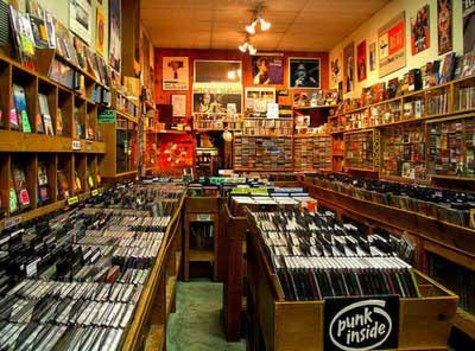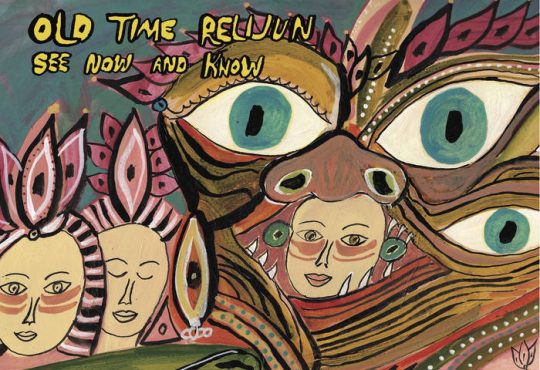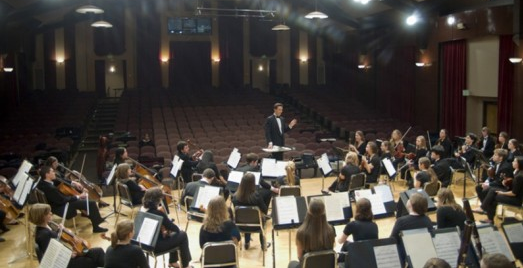
If everyone here at Puget Sound who has ever illegally downloaded music or movies in their lives lit a cigarette at the same time, the resulting smoke would eclipse the sun, and the morning haze would contain nicotine remnants for weeks. Even in less music-savvy areas, the youthful demographic engages in piracy and file-sharing at a record high rate across the nation.
Despite this, the music and movie industries are flourishing, encompassing our lives and appealing to the youth like never before. So why are people being sued for heinous
amounts of money for these “serious” acts of thievery – is anything wrong actually occurring?
Few people who obtain their music and movies from Internet file-sharing programs and websites feel moral qualms about their actions. It’s so easy and convenient, it can’t possibly be wrong (like Burger King!).
And for the most part, it’s fine. Downloading the music of successful artists may impact their total revenues, but it will not impact the fact that their accumulation of green is utterly obscene.
Are mainstream performers really going to throw a tantrum if they find themselves making a meager five billion dollars from concerts, music videos, and merchandise instead of a potential 10 billion dollars from selling individual songs to every single person who appreciates and supports their music? If so, they don’t deserve the first five.
There are a few cases where one should feel guilty about downloading media. For instance, if the artist is struggling, virtually unknown or producing nothing but their music for income, then your dollars are likely needed to keep them going – so be nice and support them.
This goes for underground movies as well. Or, if it’s an artist, album or film that you really, really love, treat them as something you really, really love. No matter how successful they are in this case, donating your money is like saying “thank you for blowing my mind and/or tantalizing my senses,” and it is your civic duty as a fan (otherwise you’re just an asshole).
Far less ethical than the stealing of media are the industry’s attempts to extract every penny they can from said individuals. From 2003 to 2008, the RIAA filed lawsuits against 35,000 people for illegally downloading music files. These people were comprised of children, teenagers, grandparents, the unemployed, single mothers and fathers and college professors, amongst various others, many of whom were unaware that they were even doing anything illegal in the first place.
The average settlement for these folks was $3,500; most settlements were between $3,000 and $11,000. These people, who while breaking the law were virtually innocent and justified in their endeavors, often had to compromise a significant portion of their income just to marginally increase the affluence of a multi-billion dollar industry. To illustrate this, Canada had the highest music piracy rating in 2005.
In 2005, the music industry’s total revenue fell by four percent. Yet that same industry sued a single mother’s 12-year-old daughter for file-sharing, settling (most generously) at a fine of $2,000. What percentage of that mother’s annual income does that sum represent? A lot larger than four percent, undoubtedly. By the way, kids, thanks for liking our stuff!
There is nothing terribly immoral about downloading media for free, as long as one does it in an ethical manner and with discretion, considering the people behind the media itself. However, because it is against the law, be careful in your online binging, or you may find yourself the victim of a twisted mechanism of “justice.”






